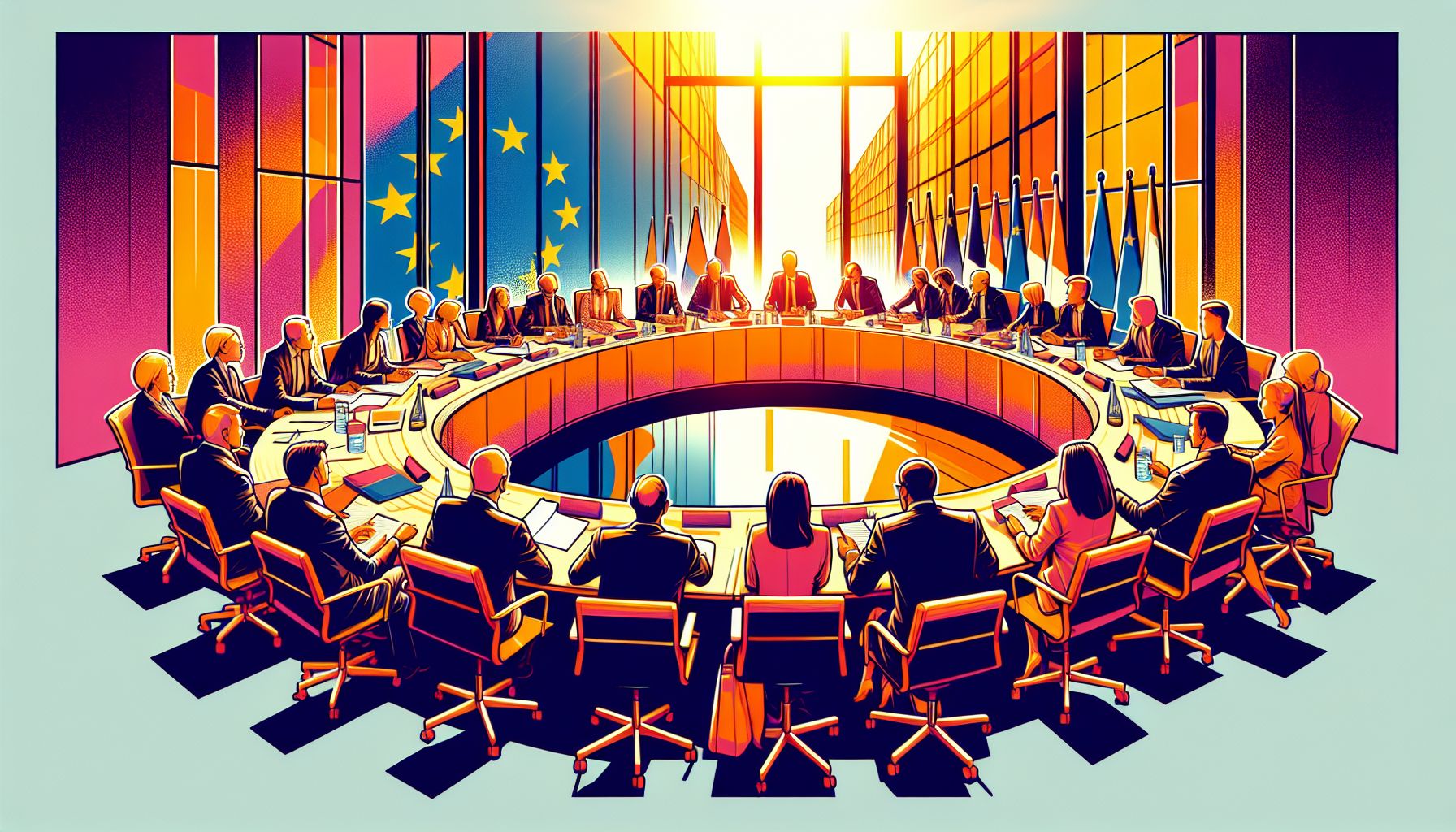EU Businesses to Weigh In on New AI Liability Directive

Brussels, Tuesday, 4 February 2025.
The European Union seeks business input on the AI Liability Directive, aiming to establish clear standards for AI-related mishaps, influencing AI regulation throughout Europe.
Industry Consultation Launch
German MEP Axel Voss has initiated a crucial consultation period running until March 17, 2025, inviting businesses to share their perspectives on the AI Liability Directive [1]. This consultation comes at a significant time, following the implementation of the AI Act which entered into force on August 1, 2024 [2][5], marking Europe’s position as the first major jurisdiction with comprehensive AI regulations.
Business Community Concerns
The Business Software Alliance and other industry groups have expressed significant concerns about the proposed directive, arguing that it could create unnecessary legal complexity and potentially hamper innovation [6]. A key point of contention is the potential overlap with existing frameworks, including the Product Liability Directive (PLD), which already encompasses AI and software regulations [6]. The business community emphasizes that implementing multiple regulatory frameworks simultaneously could create challenges for companies, particularly SMEs [1].
Regulatory Timeline and Implementation
The AI Liability Directive discussion occurs within a broader regulatory context, with the EU’s AI Act setting various implementation deadlines throughout 2025 and 2026 [3]. Companies must prepare for key milestones, including the enforcement of general-purpose AI rules by August 2, 2025 [2]. The European AI Office, established in February 2024, will oversee the implementation and enforcement of these regulations across EU Member States [2].
Path Forward
MEP Voss plans to publish a draft report on June 4, 2025, followed by discussions in the legal affairs committee (JURI) [1]. The directive’s development will need to balance consumer protection with innovation, considering the EU’s broader goal of establishing itself as a world-class AI hub while maintaining trustworthy and human-centric artificial intelligence [3]. The outcome of this consultation period will be crucial in shaping the final form of the AI Liability Directive and its integration with existing regulatory frameworks.
Bronnen
- www.euronews.com
- digital-strategy.ec.europa.eu
- digital-strategy.ec.europa.eu
- en.wikipedia.org
- www.bsa.org

